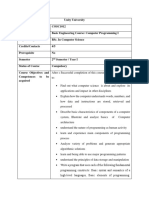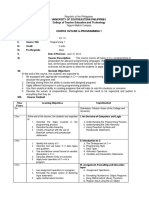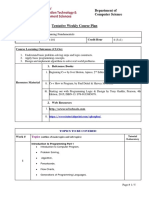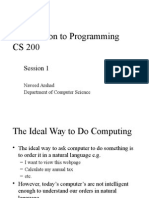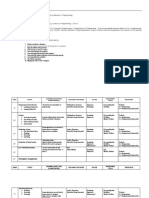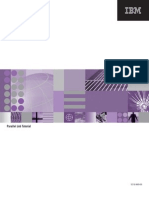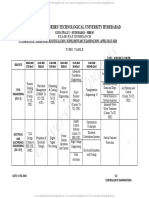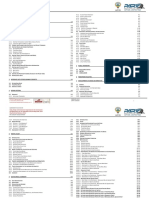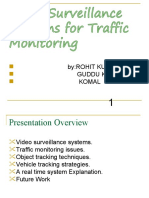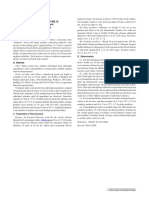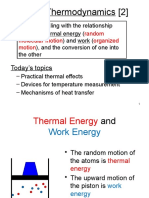HAWASSA UNIVERSITY
INSTITUTE OF TECHNOLOGY
FACULTY OF ELECTRICAL ENGINERING
DEPARTMENT OF ELECTRICAL AND COMPUTER
ENGINEERING
Program Regular
Course Title Introduction to Computer Programming
Course Code 1052
Credit Hours ECTS-5; Lecture-2; Lab-3
Prerequisite Course None
Academic Year 2025 G.C
Semester Second
Target Group Pre-Engineering
Venue [Class Room] 316 Block, Room 05
Instructor Information
Name Tamirat Y.
Email tyena2021@hu.edu.et
Office IoT_Room: 207
Course Objective
Familiarize students with components of computers
Define common terminologies used in programming
Explain the steps, tools and technical approaches involved in program design
Use the techniques of program design to develop programs that solve real life problems
Utilize Advanced concepts of programming to provide better solutions
� Course Contents
1. Introduction
Computer System Overview
Hardware Components
Software Components
2. C++ Programming Basics
Programming and programming languages fundamentals
Program Design {Algorithms, Pseudo Code and Flowcharts}
Basic Program Construction
Variables, Data Types and Constants
Operators, Expressions and Statements
Using Library Functions
3. Program Flow Control
Making Decisions
Looping
4. Array
Basic Arrays and Strings
Multidimensional Arrays
5. Functions
Function Declaration and Definition
Argument Passing
Default Arguments
Overloaded Function Names
Local, Global and Static Variables
6. Pointers
Pointer declaration
Pointer operation
Pointers and arrays
Calling a function by reference
Dynamic Memory Allocation and Memory Management
Teaching Methodology:
Lecture Classes, and Laboratory Exercises
Assessment:
Continuous Assessment:40%
Final Exam:60%
Attendance Requirements:
85% lecture and 100% Laboratory session attendance is mandatory
References:
� Tony Gaddis, Judy Walters, Godfrey Muganda (2014) Starting out with C++ Early Objects, 8th Edition.
Boston, USA: Pearson Education, Inc.
Paul Deitel, Harvey Deitel (2012) C++ How to Program, 8th Edition, USA, Pearson Education,Inc.
D.S. Malik (2013) C++ Programming: From Problem Analysis to Program Design, 6th Edition. Boston,
USA: Cengage Learning.
Robert Lafore (2002) Object-Oriented Programming in C++, 4th Edition. Indian, USA: Sams Publishing
Herbert Schildt (2003) C++: The Complete Reference, 4th Edition. USA: McGraw-Hill Companies.
Name of Instructor: ________________________________ Signature: _______________________
Name of Department Head: _________________________ Signature: ______________________









